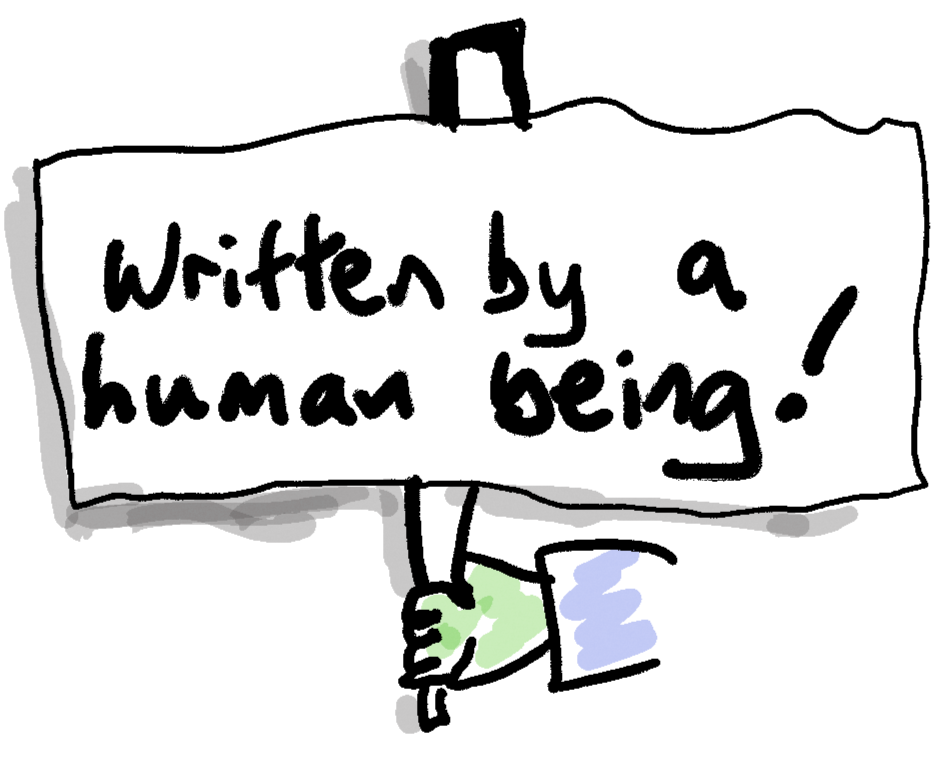Most of my reviews are very positive, and I frequently conclude by recommending the book in question despite my criticisms. However, I do think it’s important to be honest about a book’s or an exhibition’s downsides. I also like to open a review, where possible, with a personal, perhaps humorous, observation.
So here are some of the paragraphs I’ve enjoyed writing. I hope you enjoy reading them.
Blueprints
Should you be wondering about my credentials for reviewing a book about mathematics, let me explain. I “graduated” from secondary school knowing how to use logarithm tables and the definition of an Isosceles triangle. I’ve not used log tables since, and I wouldn’t know what do with an Isosceles triangle even if I tripped over one. In other words, if someone like me finds a book like this enjoyable and informative, there’s hope for everyone. (This is one of three paragraphs I am considering for inclusion in a book review.)
Technicians exhibition
Should you ever find yourself in the unlikely circumstance of having to choose between me administering medication or waiting for a paramedic, my advice would be to wait. One of the things I discovered about myself on my recent visit to the Science Museum is that my fine motor skills leave much to be desired. Trying out the role of lab technician for size, I either over-filled the solution or under-filled it. As Dirty Harry was wont to say, a man’s got to know his limitations.
The Complete Learner’s Toolkit
As far as I am aware, every cross-curricular initiative, at least in secondary education, has failed: ICT, maths, English, economic literacy… they all wind up with non-specialist teachers attempting to teach those subjects or skills. It is, at the risk of understatement, a big ask. But then, in many ways, so is this book.
The school fundraising handbook
Overall then, this a fantastic resource – a superb repository of suggestions, resources and practical tips – that could have been made much stronger with some astute editing, and more thought given to the user’s navigation.
The turning point for the teaching profession
When the term “teaching profession” arises, my reaction is more often than not to borrow from Gandhi and opine that such a thing would be a good idea. This is not to disparage teachers. Given that the government has laid down what must be taught, periodically pontificates on the ‘best’ teaching methods, goes so far as to indicate a preference for particular resources and has appointed an external organisation to oversee quality control, can teaching be truly thought of as a profession?
Teaching machines
Here is a very strange paradox. On the one hand, everyone agrees that a key ingredient for success in life is having great teachers. On the other, there’s a relentless narrative that education is somehow broken and that fixing it entails replacing teachers or transforming some or all of what they do.
Breaking the news exhibition
But while breadth is the exhibition’s main strength, the trade-off of sacrificing depth and nuance is its major weakness. For example, a section presents a photo of Greta Thunberg accompanied by the text “1970s. Climate change: early reports claim fossil fuels are polluting the planet but sceptics ask ‘how bad is it?’”. Some sceptics are still asking that, but why no mention of those who have been raising the issue for decades?
The power of professional learning networks
It is probably not an exaggeration to say that the DfE has lost the trust of teachers. And sadly, in spite of all the proof evident from the Covid response that teachers want to develop their professional skills and do the best by their pupils, it’s unclear whether ministers ever trusted them.
Science fiction exhibition
It is perhaps a trite observation, but all our achievements were born in someone’s imagination. Indeed, science fiction author, Arthur C. Clarke once suggested that “Any sufficiently advanced technology is indistinguishable from magic.” The internet, the metaverse, robots, prosthetics and even medical apps all found their first iterations in science fiction.
Sentence models for creative writing
Analysing writing to find out how it produces the effect it does is usually hard work, not least because it can be so amorphous. What you regard as a marvellous oxymoron might seem to me to be an unfortunate juxtaposition.
I hope you found this interesting and useful.













